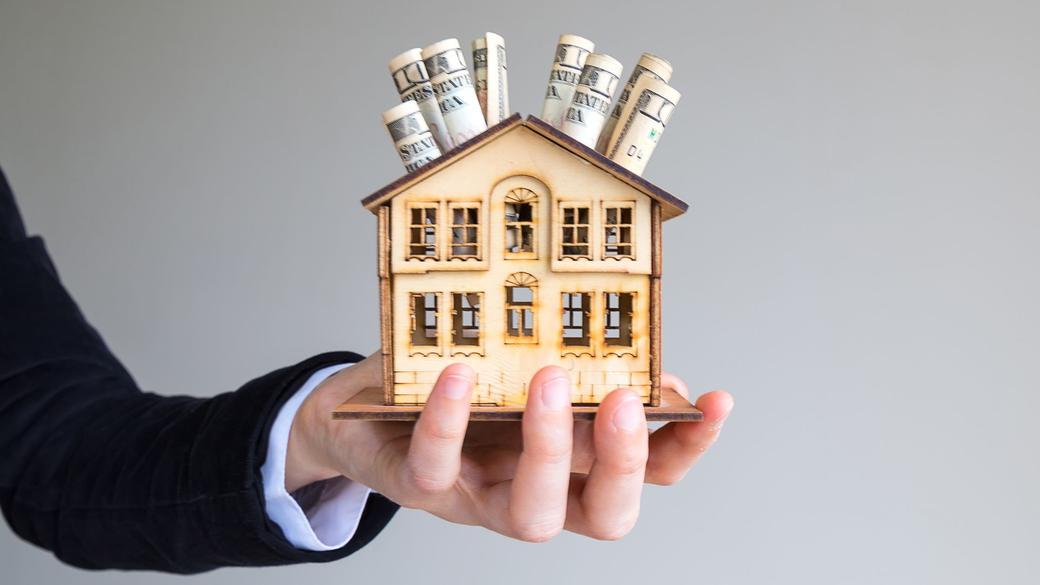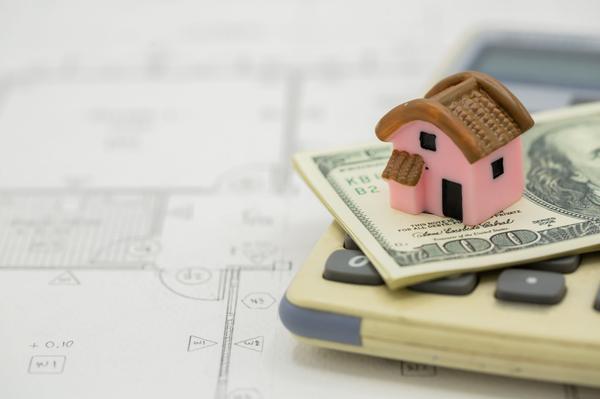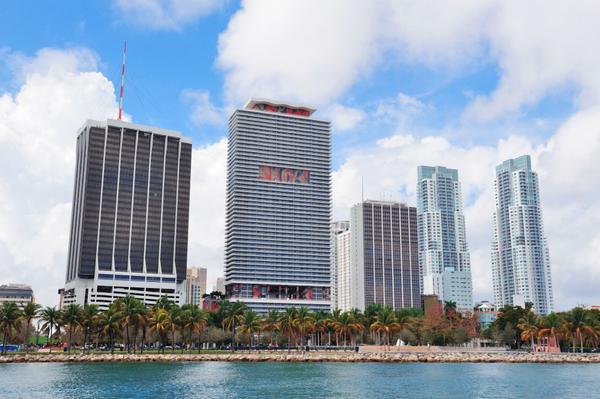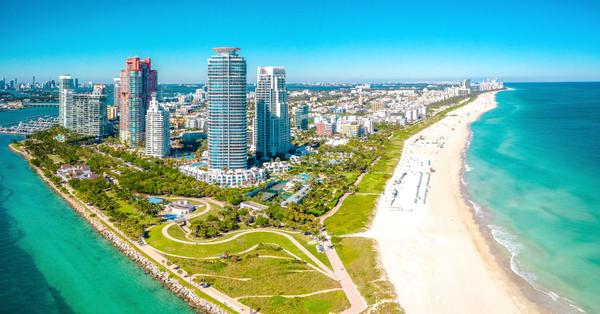Things No One Tells You About Investing in Real Estate

Investing in real estate is often seen as a safe and profitable way to build wealth, but what many people don’t talk about is the challenges, hidden costs, and unexpected obstacles that can arise especially for those unfamiliar with the U.S. market.
Over the years, working with investors in Miami, New York, and New Jersey, I’ve seen firsthand the common mistakes buyers make, the surprises they face, and the misconceptions that can lead to frustration. If you’re thinking about investing in real estate, here are the things no one tells you but that you absolutely need to know!
Financing Isn’t as Simple as You Think
Many new investors assume that getting a mortgage in the U.S. is a straightforward process. The truth? Lenders have strict requirements, especially for foreign buyers and self-employed investors.
- Credit Score Matters: Unlike other countries where down payments carry more weight, U.S. banks heavily rely on credit scores to determine approval and interest rates.
- Self-Employed Struggles: If you’re an entrepreneur or freelancer, be prepared to provide at least two years of tax returns, income verification, and additional financial documentation.
- Foreign Buyer Hurdles: If you're not a U.S. citizen, expect higher down payment requirements (often 30-40%) and limited financing options.
Pro Tip: Before even looking at properties, talk to a lender to understand your options and get pre-approved to avoid surprises.
Property Taxes and Fees Can Eat Into Your Profits
Many investors focus solely on property price and rental income, forgetting about the hidden costs that can drastically impact their return on investment (ROI).
What you should factor in:
- Property taxes: These vary significantly by state and city. In Florida, for example, non-homestead properties have higher tax rates than primary residences.
- HOA & Condo Fees: If you're buying in a community or high-rise, monthly maintenance fees can be a major expense that eats into rental income.
-
Insurance Costs: Premiums are higher in hurricane-prone areas like Miami and flood zones in New York and New Jersey.
Pro Tip: Always calculate net rental income after all expenses to ensure the property is actually a good investment.
Not Every Neighborhood Will Be Profitable for Rentals
Many investors believe that any property will generate solid rental income. The reality? Location, tenant demand, and rental restrictions can make or break your investment.
Common mistakes investors make:
- Ignoring rental demand: A property in a beautiful area doesn’t guarantee high occupancy rates.
- Skipping short-term rental research: Some buildings and cities (like Miami Beach) have strict Airbnb restrictions that could leave you unable to rent out your unit.
- Forgetting about seasonality: Tourist-driven markets can have fluctuating demand, meaning high income in peak months but vacancies in the off-season.
Pro Tip: Always analyze rental comps, vacancy rates, and regulations before purchasing a property to ensure strong returns.
Managing a Property Isn’t Passive Income
People love to think of real estate as "passive income," but in reality, being a landlord comes with responsibilities, especially if you’re managing tenants yourself.
What no one tells you:
- Tenant issues happen: Late payments, damages, or vacancies can eat into your profits.
- Maintenance is unavoidable: Even a new property will require unexpected repairs, from plumbing issues to appliance replacements.
- Dealing with regulations: Eviction laws, lease agreements, and property management rules vary widely by state.
Pro Tip: If you don’t want the hassle, consider hiring a property manager - just factor in their fees (typically 8-12% of monthly rent) when running your investment numbers.
The Market Can Shift Faster Than You Expect
Many investors assume real estate values always go up—but markets can shift quickly based on economic conditions, interest rates, and local demand.
Things that can impact your investment:
- Rising interest rates: This can lower buyer demand and make it harder to resell at a high price.
- Local market fluctuations: Some “hot” neighborhoods can see price drops if development slows or demand shifts.
- Regulatory changes: New rental laws, tax policies, or zoning adjustments can directly impact profits.
Pro Tip: Diversify your investment strategy, think long-term, and don’t rely solely on appreciation to make money. Cash flow is key!
Final Thoughts: Invest Smart, Not Just Fast
Real estate is a great investment, but only if you do it right. Understanding the challenges, costs, and responsibilities before you buy will save you time, money, and headaches.
If you’re serious about investing and want guidance to find the best opportunities in Miami, New York, or New Jersey, let’s talk! I’ll help you navigate the market, avoid common mistakes, and maximize your returns.
Send me a message today, and let’s start building your real estate portfolio the right way!
Categories
Recent Posts










GET MORE INFORMATION


